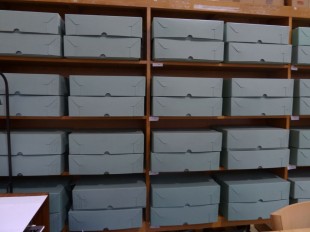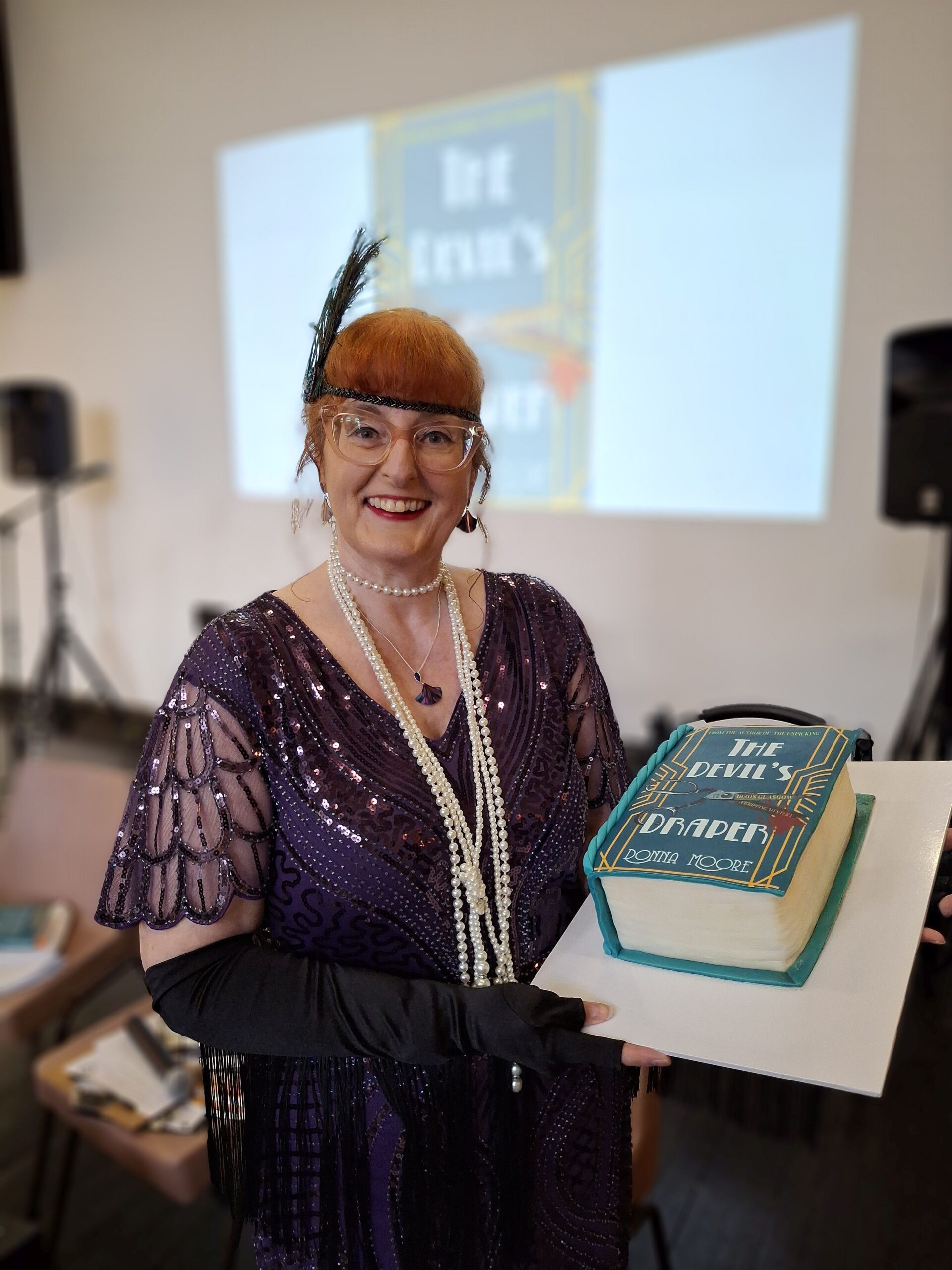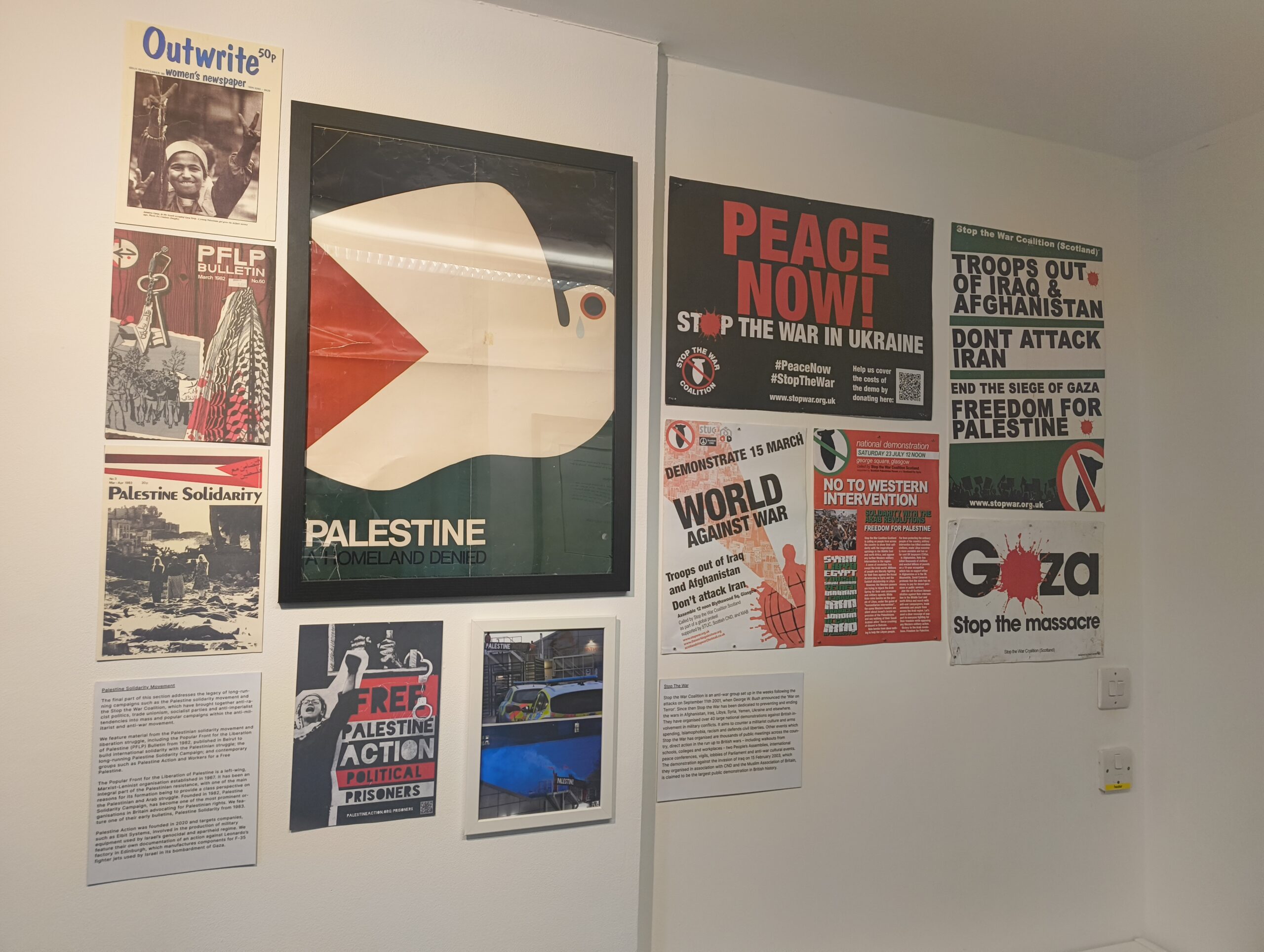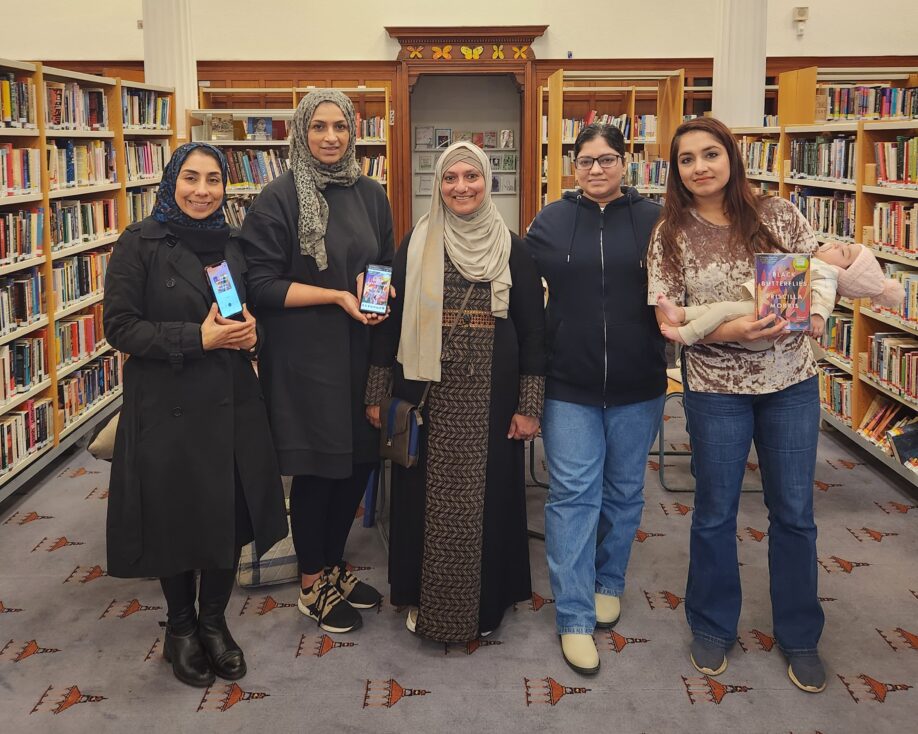Zachari Duncalf, researcher, trainer and consultant, as well as a GWL volunteer, has been foraging through the archives for insight into women’s experiences of the psychiatric system.
On a dark, dark night on a dark, dark street there was a dark, dark building and in that dark, dark building there was a dark, dark…

… Well, this is how we often imagine archives to be – dusty, inaccessible, poorly lit and full of cobwebs. The archives at the Glasgow Women’s Library are anything but this. Instead they radiate warmth, scream “look at me, look at me” and invite you to forage through boxes and boxes of history. There’s an underlying feeling that the torch of woman kind shines throughout.
In April 2018 I was contacted by Dr Helen Spandler from the University of Central Lancashire
LINK https://www.uclan.ac.uk/staff_profiles/helen_spandler.php
to undertake some archive research in the Lesbian Information archives, which are now held at the Glasgow Women’s library. The research was part of her research project: Hidden from History? The psychiatric treatment of lesbian, bisexual and gender non-conforming women 1952-1990. The project was one of ten ‘seed’ projects the Wellcome Trust had funded on the theme of sexualities and health. LINK https://wellcome.ac.uk/what-we-do/directories/seed-awards-humanities-social-science-people-funded
From my first day in the library it was evident that the archive was only one of many resources I would get access to. Being in an environment surrounded by others all looking into different projects and histories, resources and books galore with a helping hand if you needed more information was a true treat.
The archives themselves have not yet been catalogued which meant that opening each box felt like Christmas. It was important to take time with each box to look for any research that would be relevant to the project. Whilst this was time consuming in some ways it was rich in giving me a more generalised overview of women’s history. I often got lost in the many newsletters and magazines written by local communities about things going on in their area for women. I often felt transported in time and place.
I read many reports, news articles and publications but what came through strongly for me were individual women’s accounts. Many women had written letters to various organisations regarding their sexuality. In this you could feel a whole range of experiences and emotions – pain, freedom, loss, joy – but above all the positive feeling of being able to share their experience with others. As archives always do I went away with far more questions and avenues to explore than I got definitive answers to.
On my last day in the archive I checked everything was back in place, turned off the light and locked the door. As I passed over the keys to the next women in search of history and connection I felt grateful that collecting and preserving our history is recognised as important; a shining a beacon for woman kind.
The project was funded by the Wellcome Trust and the Institute for Citizenship, Society and Change, University of Central Lancashire.






